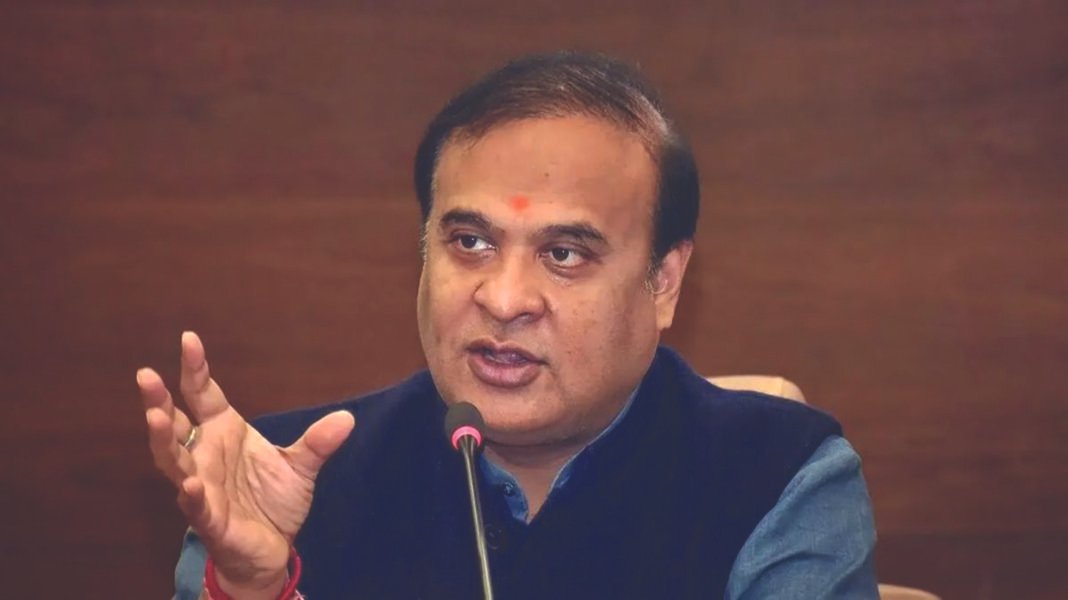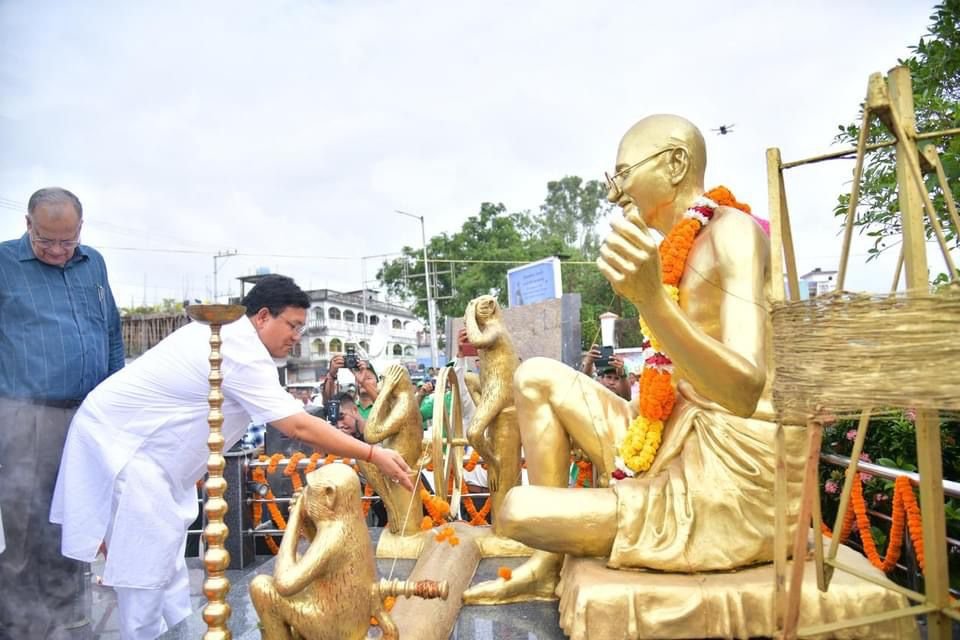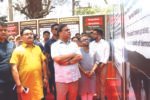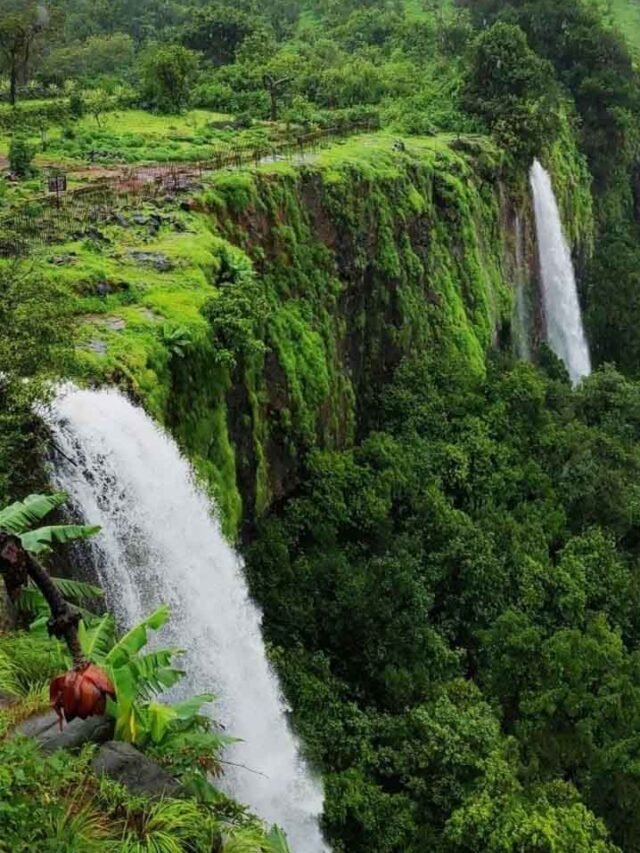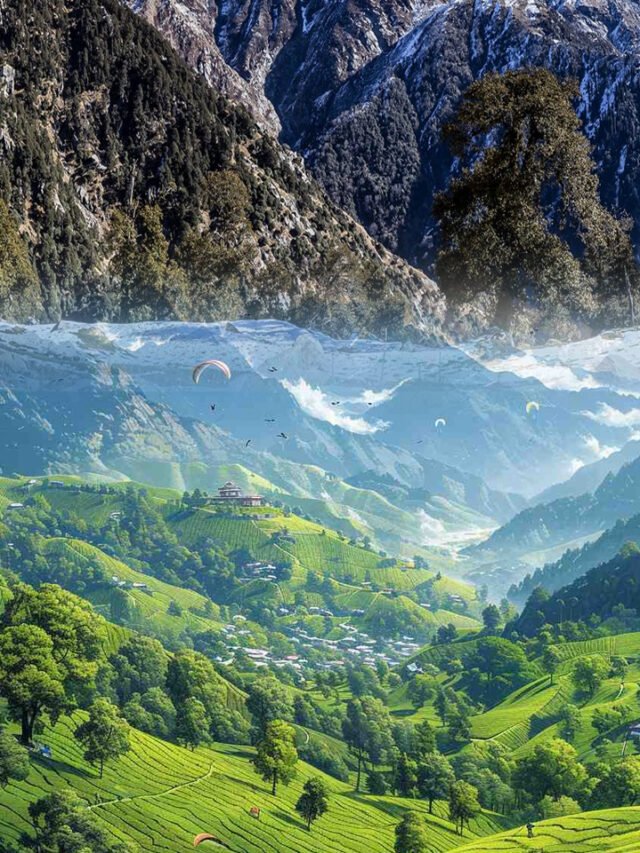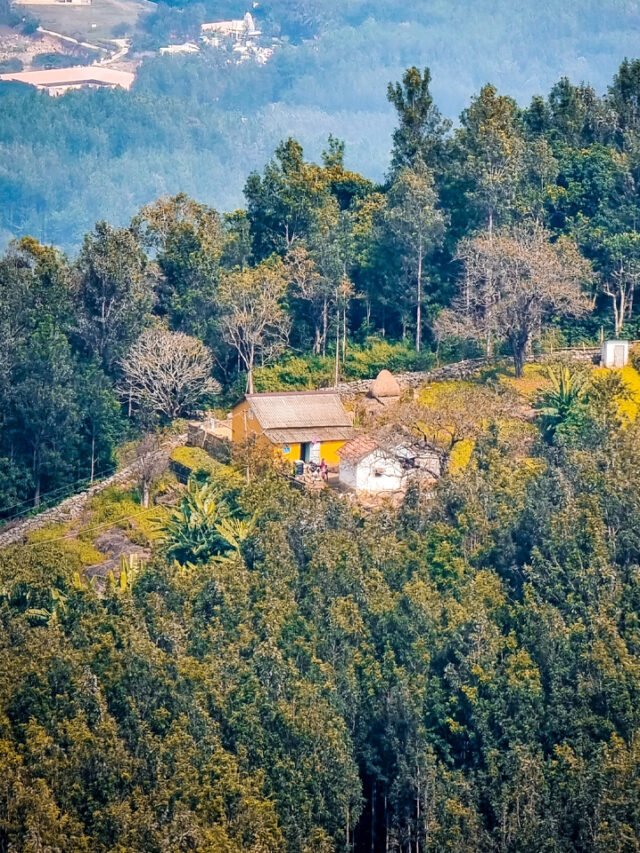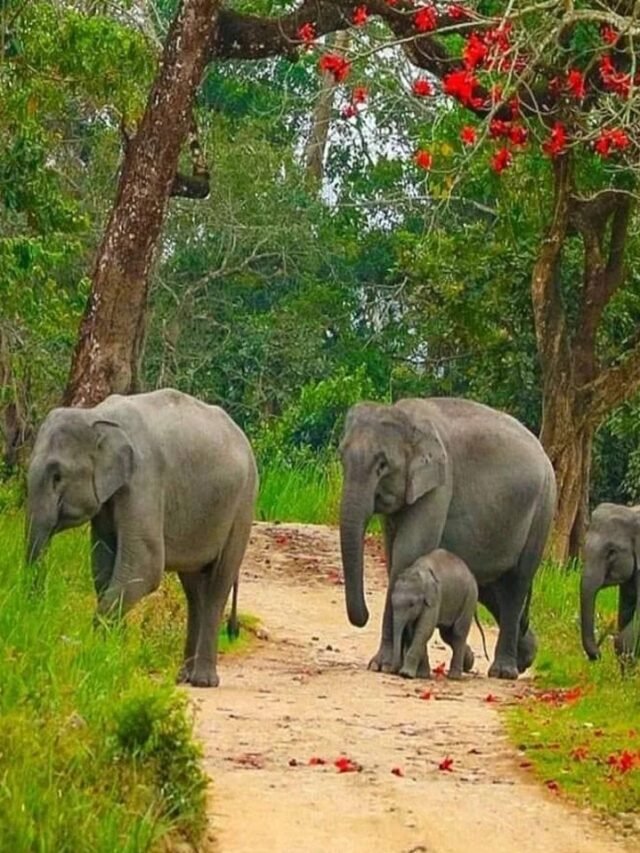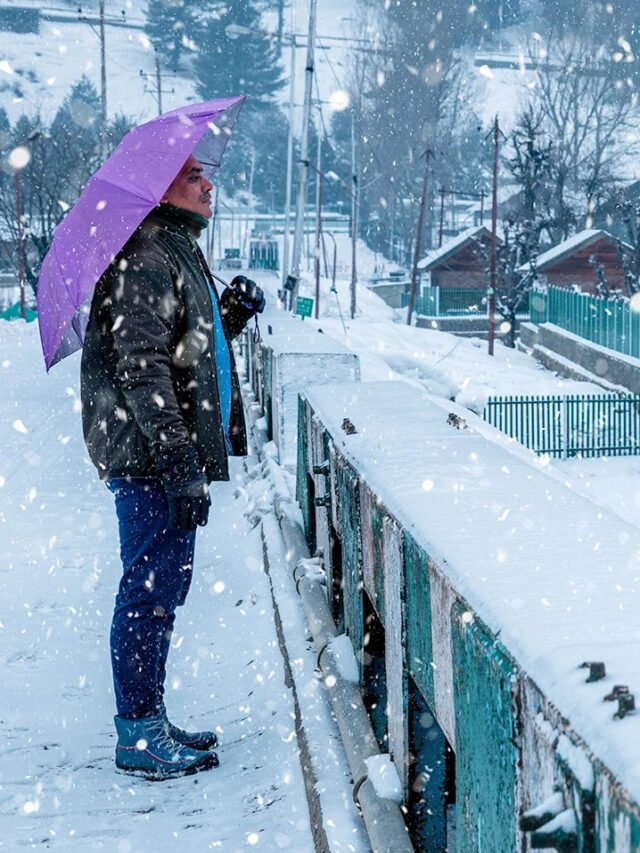Strap: Sarma calls ‘socialism’ and ‘secularism’ Western impositions, seeks their removal from Constitution’s Preamble
GUWAHATI, June 28: Chief Minister Himanta Biswa Sarma claimed on Saturday that ‘socialism’ and ‘secularism’ are “Western concepts”, and these words should be struck off the Constitution.
He said these words were included in the Preamble of the Constitution by the then Prime Minister Indira Gandhi when the country was under Emergency rule, and these have no place in the Indian civilisation.
“How can I be secular? I am a hardcore Hindu. A Muslim person is a hardcore Muslim person. How can he be secular?” Sarma said.
He was speaking after launching a book titled ‘The Emergency Diaries: Years That Forged a Leader’ in Assam, which is based on first-person anecdotes from associates who worked with Prime Minister Narendra Modi, then a young RSS pracharak, and used other archival material.
The book chronicles the 1975-77 Emergency era and Prime Minister Modi’s role in the ‘resistance movement’.
Sarma said that the words ‘socialism’ and ‘secularism’ were not part of the original Preamble and were inserted through the 42nd amendment to the Constitution during the Emergency period under former PM Indira Gandhi.
“It changed the way people perceived our Constitution and damaged our national life,” he claimed.
He maintained that the word ‘secularism’ was not put in the original Constitution as Article 14 ensures that the state shall not discriminate on any basis.
The word ‘secularism’ was inserted by people who view it from the Western angle, and it needs to be struck off from the Preamble, Sarma added.
Sarma maintained that the Indian concept of secularism is not about being neutral, but it is about being ‘positively aligned’.
“We are a spiritual nation. If people are told that they can have good roads but cannot visit temples or ‘namghars’ (Vaishnavite places of worship), our people will choose going to temples. We are not like countries like China, which have an authoritarian rule,” he said.
Sarma said the Western countries have to be “neutral” as they have their own history of conflict between monarchy and church, which is not applicable for a nation like India with its 5,000-year-old civilisational history.
“After taking oath, we all finally first go to Kamakhya temple and Bordowa (Vaishnavite saint Sankardeva’s birthplace), Muslims go to Mecca. We cannot be neutral but we are inclusive,” he asserted.
The CM also claimed that the Western concept of socialism was also imposed by Gandhi, while the Indian economic principle was based on “trusteeship” and helping the marginalised.
He said that socialism is from countries like Russia and China and is a concept based on ‘conflict’, with Left supporters many times making its “positive comparison with communism”.
“These concepts were never for India. Our economic principle is of sharing the riches… This socialism made us lose our competitiveness and capabilities, and we were left behind in the global race,” Sarma said.
“The BJP didn’t have to even demolish this concept of socialism. P V Narasimha Rao and Manmohan Singh demolished it and brought liberalisation,” he added.
He was referring to Prime Minister Rao and then Finance Minister Singh who were credited with bringing economic liberalisation in India in the early 1990s.
Sarma said the economic liberalisation was taken forward by the later BJP governments, and its benefits are now being made available to the marginalised and poor sections.
Sarma said that the time is ripe to discuss the ‘damage’ caused by the Emergency to the nation, and start “erasing the Emergency legacy, just as colonial legacies are being erased”.
“We must not forget the Emergency as we cannot repeat the Emergency,” he added.
He claimed that Gandhi had brought in Emergency to save her own chair and there was no situation of unrest in the country to justify it.
The Emergency declared on June 25, 1975, by then Prime Minister Indira Gandhi lasted until March 21, 1977. It was marked by widespread press censorship, arrests without trial and the stifling of dissent in academia, politics and civil society.
Sarma also questioned Gandhi’s leadership, referring to the formation of Bangladesh.
“By winning the war against Pakistan, what did she do to help the Northeast? She could have redrawn the map for NE’s straight access to the rest of the country and not remain dependent on the ‘chicken neck’ corridor. She could have asked Bangladesh to take back the illegal immigrants and they would have obliged,” he claimed.
“She was a powerful leader, but what is her contribution to the nation. Even Hitler was powerful but he damaged Germany,” Sarma added. (PTI)


